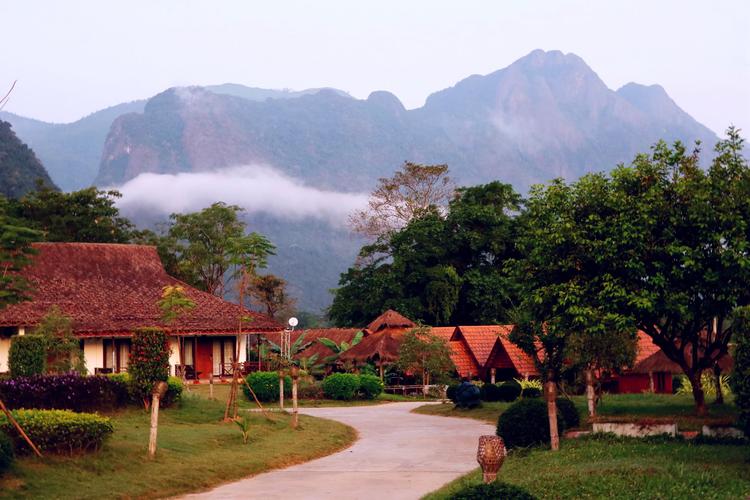Preserving Liberia’s Cultural Heritage: How Traditions are Passed Down from Generation to Generation
Liberia, located on the west coast of Africa, is known for its rich and diverse cultural heritage. With over 20 ethnic groups and languages, the country is a melting pot of traditions and customs that have been passed down from generation to generation.
But with the pressures of modernization and globalization, preserving Liberia’s cultural heritage has become more challenging than ever. In this article, we’ll explore how traditions are still being kept alive in Liberia today, and the importance of continuing to pass them down to future generations.
Oral Tradition
One of the most important ways that cultural heritage is preserved in Liberia is through oral tradition. Many stories, myths, and legends have been passed down through generations through word-of-mouth. This includes everything from folk tales and proverbs to historical narratives.
It’s not uncommon for elders in communities to pass down these tales to children and youth during community gatherings. These gatherings are often focused on cultural events or celebrations, providing an opportunity for young people to learn more about their heritage.
Music and Dance
Music and dance are also integral parts of preserving Liberia’s cultural heritage. Many traditional Liberian dances are tied to specific ethnic groups and have been passed down through generations.
The Gola people, for example, have a dance known as the Tumgbah, which is performed during ceremonies and celebrations. The dance is passed down from generation to generation, with elders teaching young people the steps and movements.
Similarly, traditional Liberian music is also an important part of cultural heritage. Many of the instruments used in traditional music have been passed down through generations, such as the Kru drummer.
Arts and Crafts
Another way that cultural heritage is preserved in Liberia is through arts and crafts. The art of basket weaving, for example, is a traditional craft that has been passed down through generations of women in many ethnic groups.
Making pottery, carving wooden masks, and creating traditional textiles are also important parts of Liberia’s cultural heritage.
Preserving Liberia’s Cultural Heritage for the Future
As Liberia continues to modernize, it’s important to recognize the significance of preserving the country’s cultural heritage. This includes recognizing the contributions of ethnic groups, promoting traditional arts and crafts, and passing down traditions through generations.
Outside organizations are also working to support these efforts. The United Nations Development Programme, for example, has a cultural heritage program in Liberia that supports the preservation and promotion of traditional arts, crafts, and music.
In conclusion, preserving Liberia’s cultural heritage is crucial for maintaining a sense of national and ethnic identity and pride. With efforts to pass down traditions through oral history, music, dance, and arts and crafts, Liberia’s cultural heritage is being kept alive for future generations to enjoy and learn from.
(Note: Do you have knowledge or insights to share? Unlock new opportunities and expand your reach by joining our authors team. Click Registration to join us and share your expertise with our readers.)
